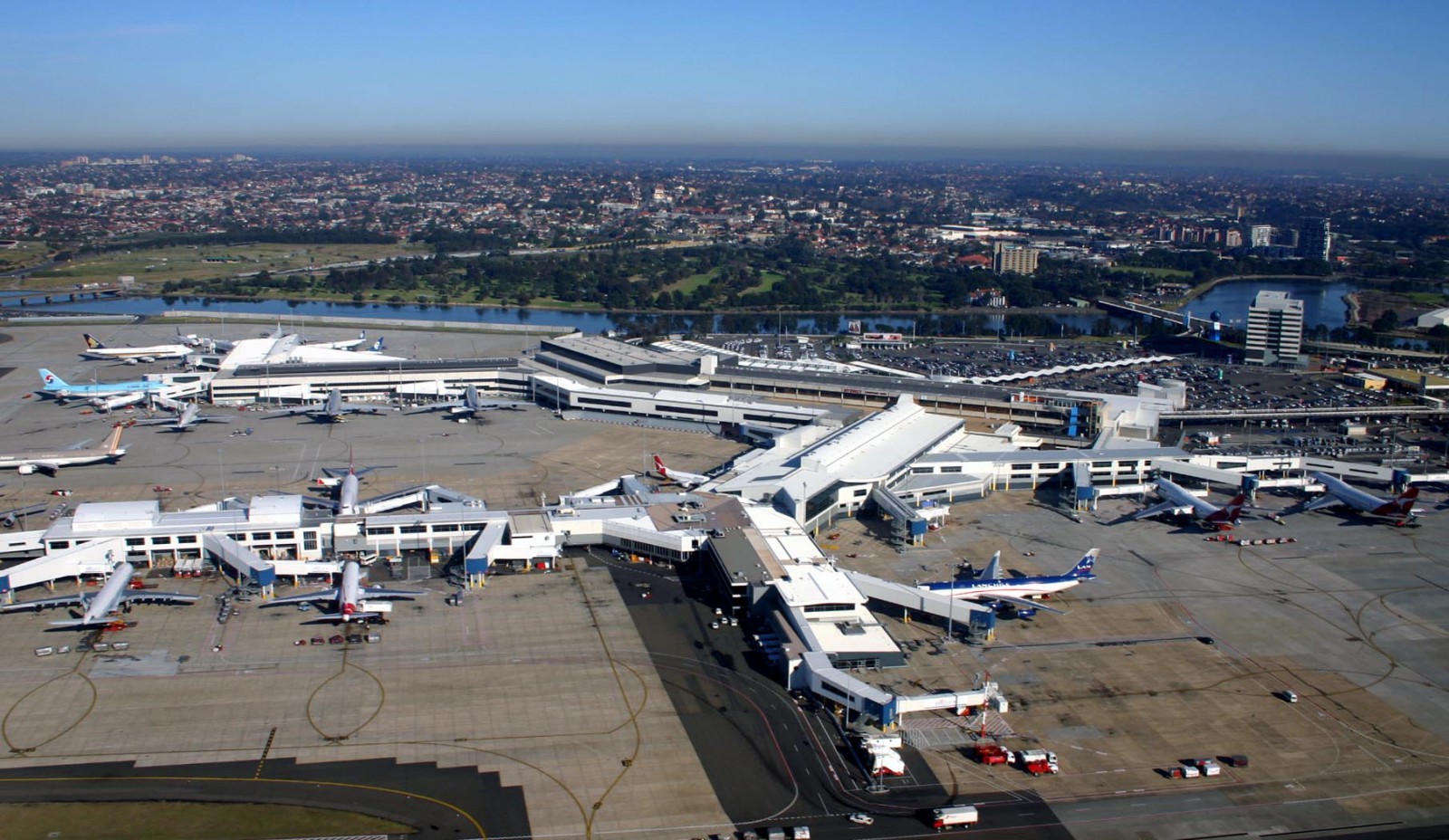Premium passengers bear fuel brunt as base fares rise
12 July, 2018
4 min read


Premium passengers have borne the brunt of fuel-driven increases in global base fares while competition is keeping prices lower in price-sensitive economy cabins.
But what economy passengers are gaining on the swings, they may be losing on the roundabouts with surcharges and ancillary charges helping to push up the cost of tickets.
The latest financial analysis by the International Air Transport Association shows the global average passenger yield, the average fare per kilometre or mile flown, has moved broadly sideways in seasonally adjusted terms since early 2017.
IATA said this largely mirrored developments in the economy class cabin.
“Yields in the premium-class cabin have trended upwards since mid-2017,’’ the report covering May-June said. “However, premium-class demand is less price sensitive than its economy counterpart, which has allowed airlines to pass through higher fuel costs onto premium passengers to a greater extent than in economy.”
However, the airline lobby group noted its passenger yield data focused on base fares and excluded revenue from surcharges or ancillary services.
“These additional sources of passenger revenue are helping to support the robust financial performance of the industry,’’ it said.
Airline bosses have been warning for months that fares will need to rise to cover the cost of escalating fuel prices.
READ: Fares to rise as fuel increases hit profits, IATA chief warns.
Delta Air Lines said on Thursday it would boost fares and add fewer flights than planned as it grappled with a $US578 million jump in its second-quarter fuel bill. The US carrier plans to trim capacity on underperforming routes once the summer peak ends.
Jet fuel prices actually fell in June but IATA said they remained 55 percent higher than a year ago.
“Global oil prices have trended upwards since early2017, driven by a combination of a gradual reduction in oil inventories amid robust demand and tighter supply conditions, as well as geopolitical developments,’’ the report said.
“The price of jet fuel breached $US90 per barrel in May for the first time since November, 2014, but fell back in mid-June as major oil producers agreed to increase crude output. Nonetheless, jet fuel climbed again towards the end of the month and remains around 55 percent higher than it was a year ago.
“The oil futures curve has shifted up in recent months, but it is still consistent with a moderate decline in oil prices over the coming years.”
Despite the threat of higher fares, passenger traffic continues to rise with revenue passenger kilometres up 6.1 percent in May and remaining robust as airlines move through the peak northern summer demand period.
Passenger load factors are also up and breached 80 percent in May for the first time on record.
Delta said that June saw it fly more passengers than any other month in the company's history with almost 17.7 million people flying on mainline and Delta Connection flights globally.
One measure of airline health that isn’t increasing is the global airline share price index.
That fell 6.4 percent in June to record the fifth consecutive month of decline.
IATA said the index continued to underperform broader market measures “reflecting investor concerns about the impact of higher fuel prices on profitability”.
The fall in June had been led by the Asia-Pacific, which was down by 7.6 percent, followed by Europe, which saw a 5.2 percent fall.
“The North America index posted the smallest decline over the month (-4.9 percent) but the index has fallen the most since the start of 2018 and relative to a year ago,’’ IATA said. “This reflects ongoing investor concerns of the impact of rising capacity growth in the region.”
Get the latest news and updates straight to your inbox
No spam, no hassle, no fuss, just airline news direct to you.
By joining our newsletter, you agree to our Privacy Policy
Find us on social media
Comments
No comments yet, be the first to write one.

